Horse feed is critical to equine companions’ overall health and well-being. Providing nutritious meals that meet their specific dietary requirements is essential for maintaining optimal performance, growth, and longevity.
This article explores the different types of horse feed available, discusses their benefits, and offers guidance on creating a balanced diet for horses. By understanding the nutritional needs of these majestic creatures and selecting the right feed, owners can ensure their horses receive the nutrients they need for a healthy life.
Types of Horse Feed and Their Benefits
The different types of horse feed available offer various nutritional benefits for equine companions. Horse feed options can include forage, such as hay and pasture, as well as concentrates like grains and pellets. Forage is a crucial part of a horse’s diet as it provides essential fiber and helps maintain proper digestive function. Hay, which can be made from different grasses or legumes, offers different nutrient profiles depending on its type and quality. Pasture grazing allows horses to consume fresh grasses and provides natural exercise opportunities.
In addition to forage, concentrates are often used to supplement a horse’s dietary needs. These can consist of grains such as oats or barley, which provide energy-rich carbohydrates, or pellets that contain a balance of vitamins and minerals. These options depend on each horse’s specific needs and activity level.
Feeding schedules should take into account the amount of exercise a horse receives, its body condition score, and any health conditions it may have. To ensure that your horse receives the appropriate nutrition, it’s essential to seek advice from a qualified equine nutritionist or veterinarian who can help you develop a personalized feeding plan based on your horse’s specific needs.
Understanding the Nutritional Requirements of Horses
Understanding horses’ nutritional requirements involves a comprehensive analysis of their dietary needs. When planning a horse feed, it’s essential to consider their age, weight, activity level, and overall health to ensure that they receive a well-balanced feed program.
Feeding schedules should be structured to provide regular meals throughout the day to mimic the natural grazing behavior of horses. This helps maintain a healthy digestive system and prevents gastric ulcers or colic issues.
In terms of nutrition, common deficiencies in horses can include vitamins A, D, and E, as well as minerals such as calcium, phosphorus, selenium, and zinc. These deficiencies can lead to various health problems, including poor hoof quality, weak immune function, and impaired growth in young horses.
Therefore, it is essential for horse owners to ensure that their equine companions receive a balanced diet that meets their specific nutritional needs.
Creating a Balanced Diet for Your Equine Companions
Creating a balanced diet for horses involves analyzing their specific nutritional requirements and considering factors such as age, weight, activity level, and overall health. Equine dietary needs vary depending on the individual horse and its stage of life. Providing horses with a well-rounded diet that meets their energy, protein, vitamin, and mineral requirements is essential.
One crucial component of a horse’s diet is forage. Forage refers to plant material consumed by horses and includes grasses and hay. Forage plays a vital role in maintaining proper digestive function in horses due to its high fiber content. It helps prevent colic, ulcers, and other digestive issues. Additionally, forage promotes healthy chewing behavior while providing essential nutrients.
Evaluating the quality of forage available is necessary to ensure a balanced diet for your equine companions. Regularly assess the nutritional value of hay or pasture through testing methods such as nutrient analysis or visual inspection. Owners can promote optimal health and well-being in their horses by understanding equine dietary needs and recognizing the importance of incorporating adequate amounts of high-quality forage into their diet.
Tips for Choosing the Right Horse Feed
When selecting the appropriate feed for horses, it is essential to consider their specific dietary needs and nutritional requirements. One important choice to make is between hay and pellets.
Hay is a natural option that provides both fiber and nutrients. It comes in various forms, such as grass or alfalfa, allowing horse owners to choose based on their horse’s needs.
On the other hand, pellets are processed feeds that offer convenience and consistency in nutrition. They are typically made from a combination of grains, forages, and supplements.
When comparing different brands of horse feed, it is crucial to read the labels and consider the ingredients used carefully. Look for feeds that provide a balanced blend of proteins, carbohydrates, vitamins, and minerals suitable for your horse’s age and activity level.
It is recommended to seek guidance from a qualified veterinarian or equine nutritionist in order to make a well-informed decision while selecting the appropriate horse feed for your horses.
Ensuring the Health and Well-being of Your Horses
To ensure the health and well-being of horses, it is important to implement a comprehensive approach that includes proper nutrition, regular veterinary care, and appropriate exercise.
Proper storage is of utmost importance when it comes to maintaining the nutritional value of horse feed. Horse feed should be stored in a cool, dry place that is free from pests and rodents. Exposure to moisture or extreme temperatures can lead to mold growth and nutrient degradation. Additionally, inspecting the feed for any signs of spoilage before feeding it to your horses is essential.
Furthermore, common horse feed additives can play a significant role in supporting equine health. These additives often include vitamins, minerals, probiotics, and omega-3 fatty acids. Vitamins and minerals help fill nutritional gaps that may exist in the horse’s diet, while probiotics promote digestive health. Omega-3 fatty acids contribute to joint health and overall immune system function.
By paying attention to horse feed storage practices and incorporating beneficial additives into their diet, owners can effectively contribute to their equine companions’ long-term health and well-being.

John Davis is a passionate content writer with a knack for crafting engaging narratives across various subjects. With a keen eye for detail and a love for storytelling, John brings ideas to life through the power of words. His dedication to delivering high-quality and informative content has made him a trusted voice in the digital realm. When he’s not at his desk, you’ll find John exploring new hobbies and seeking inspiration in the world around him.




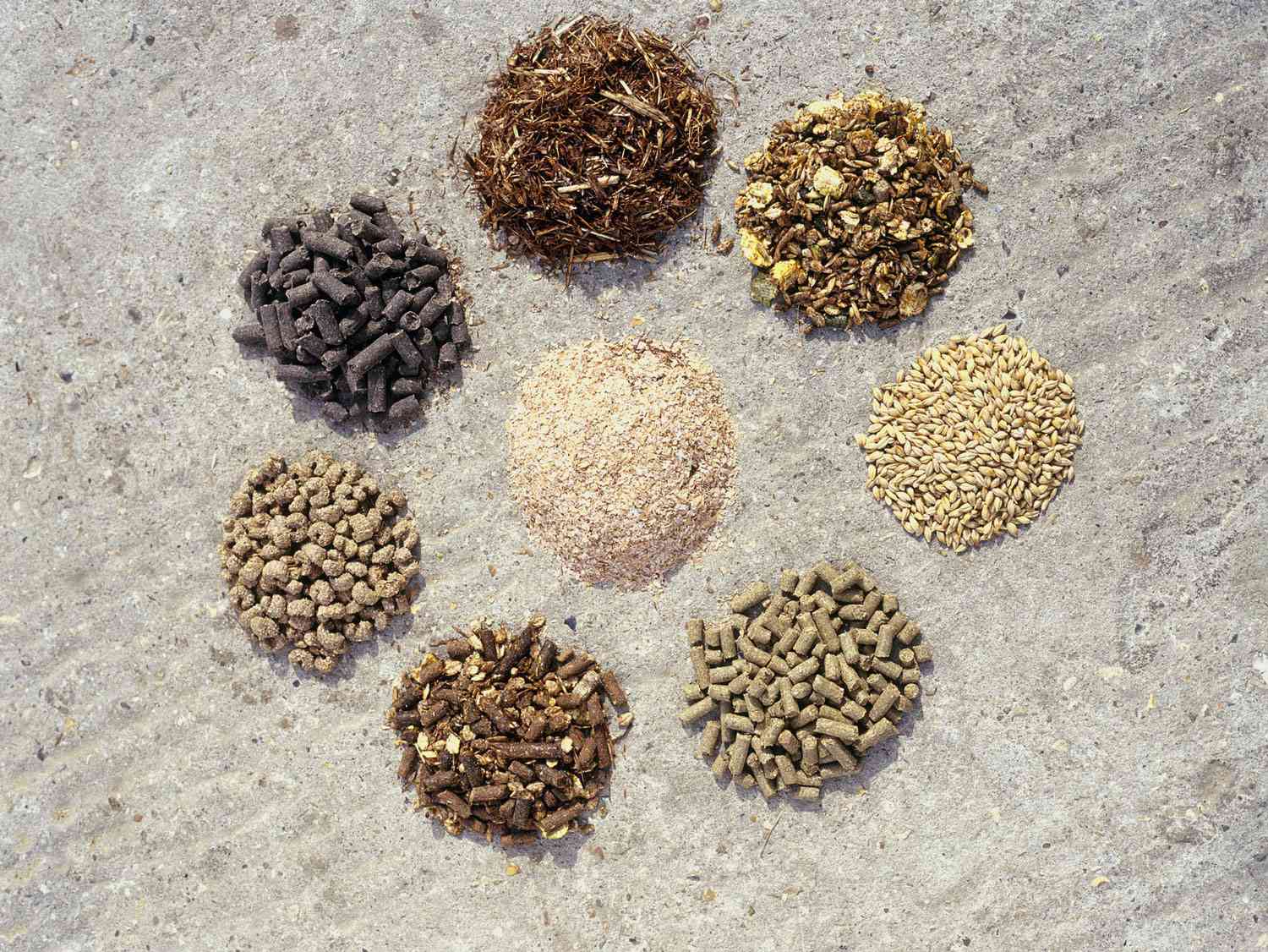
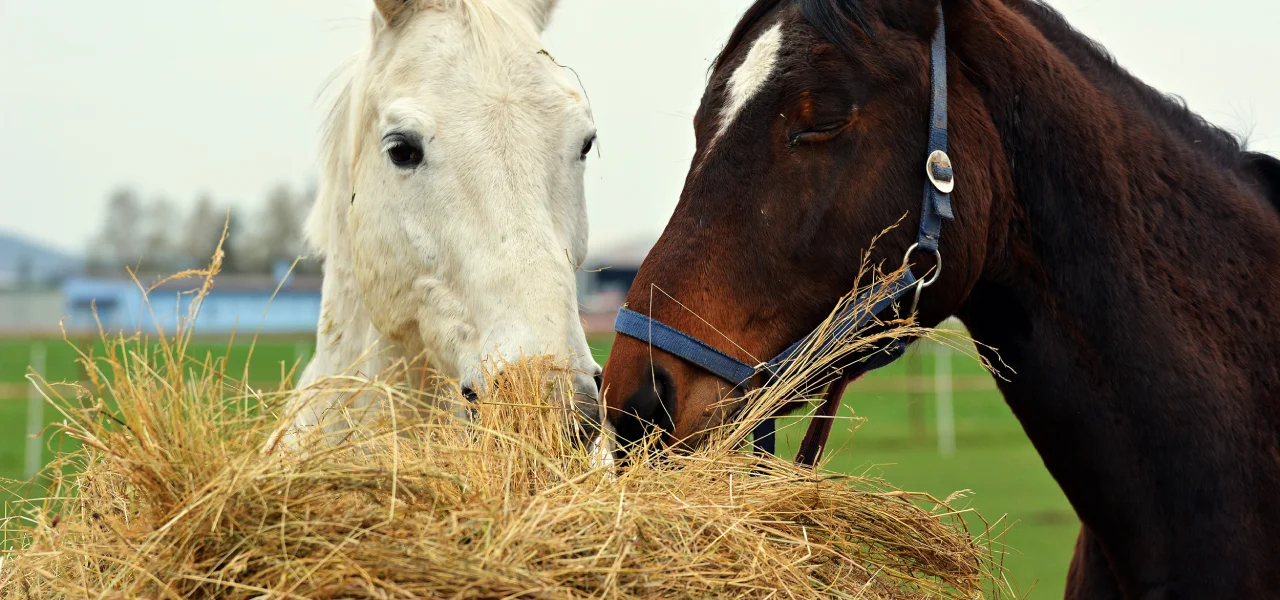
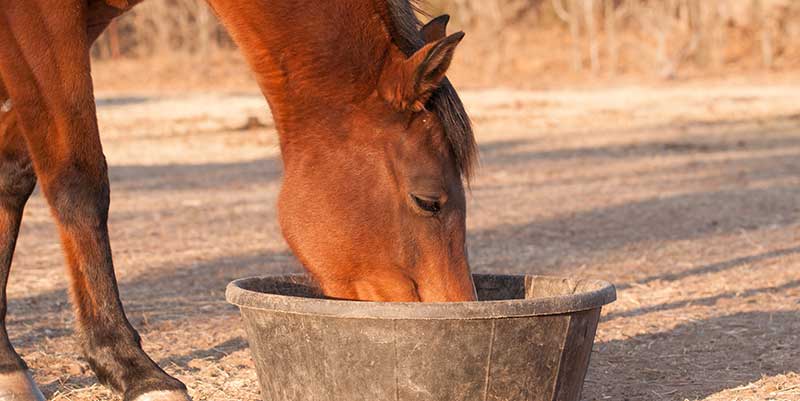
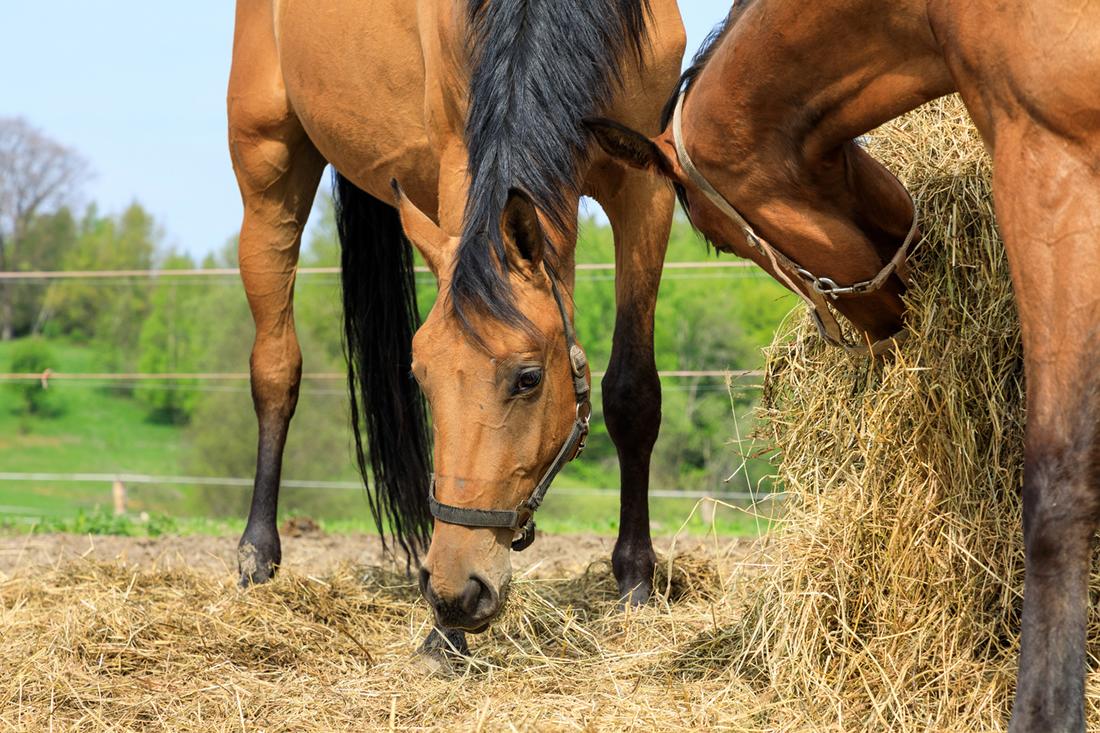
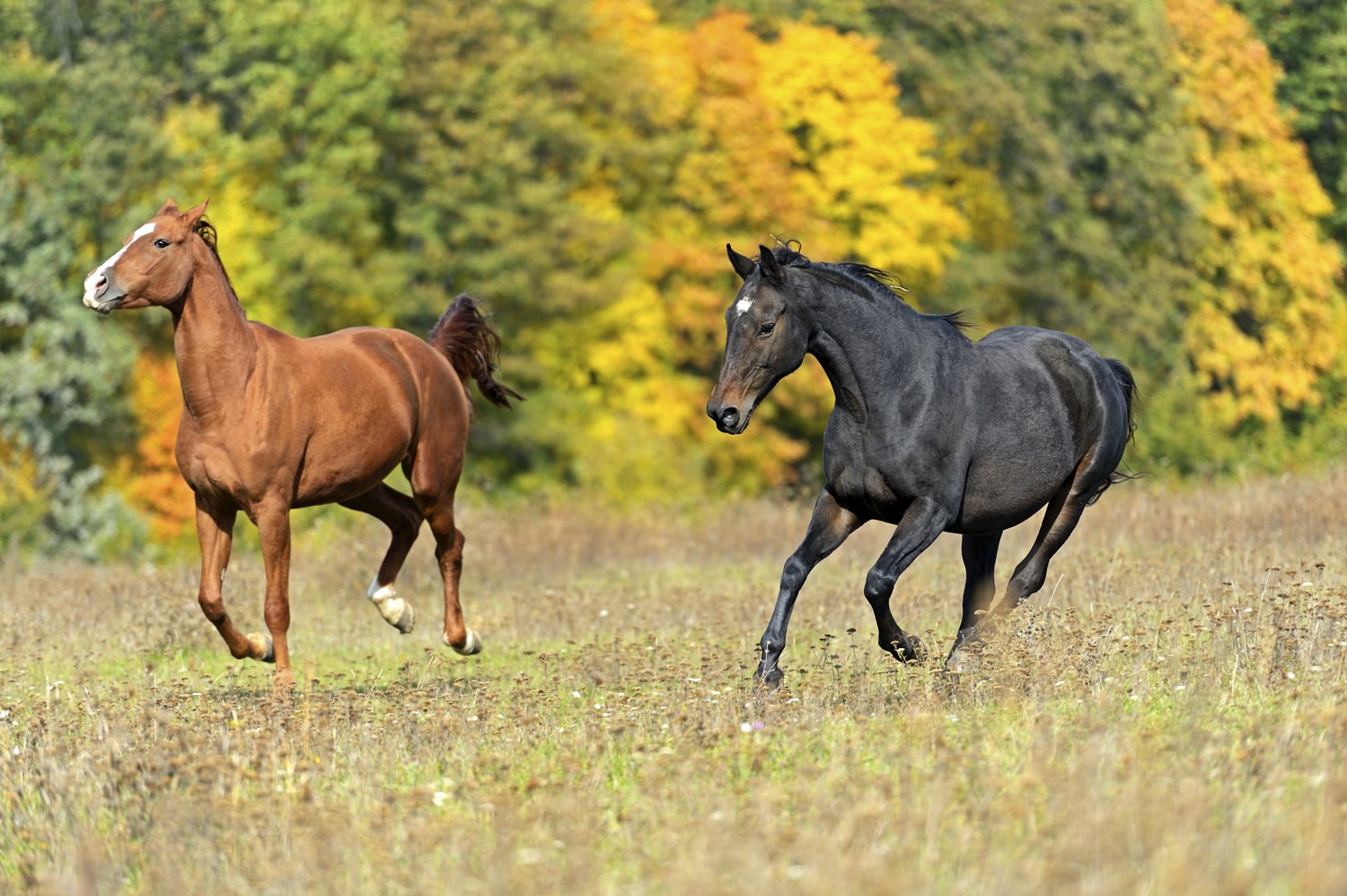


Loading…